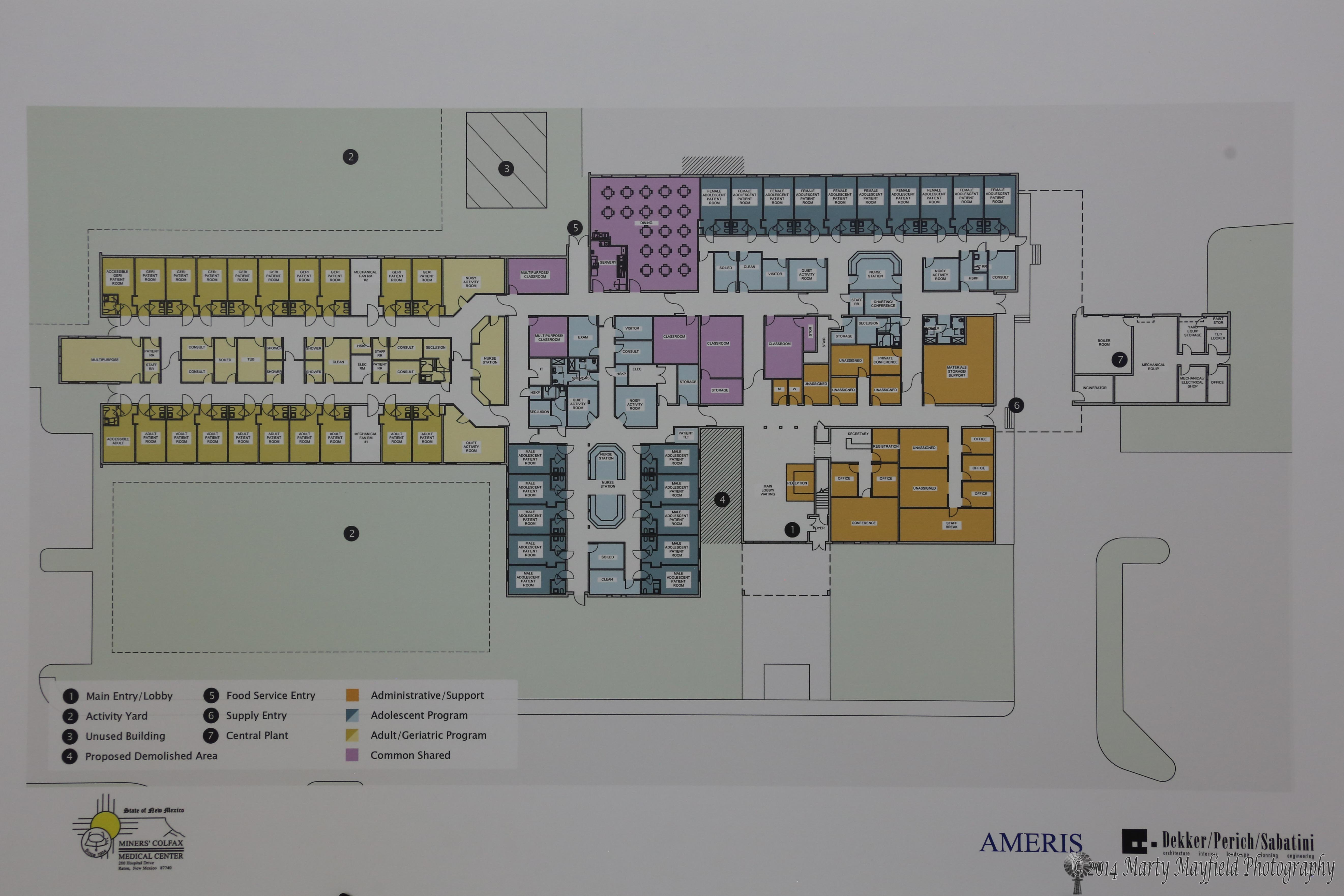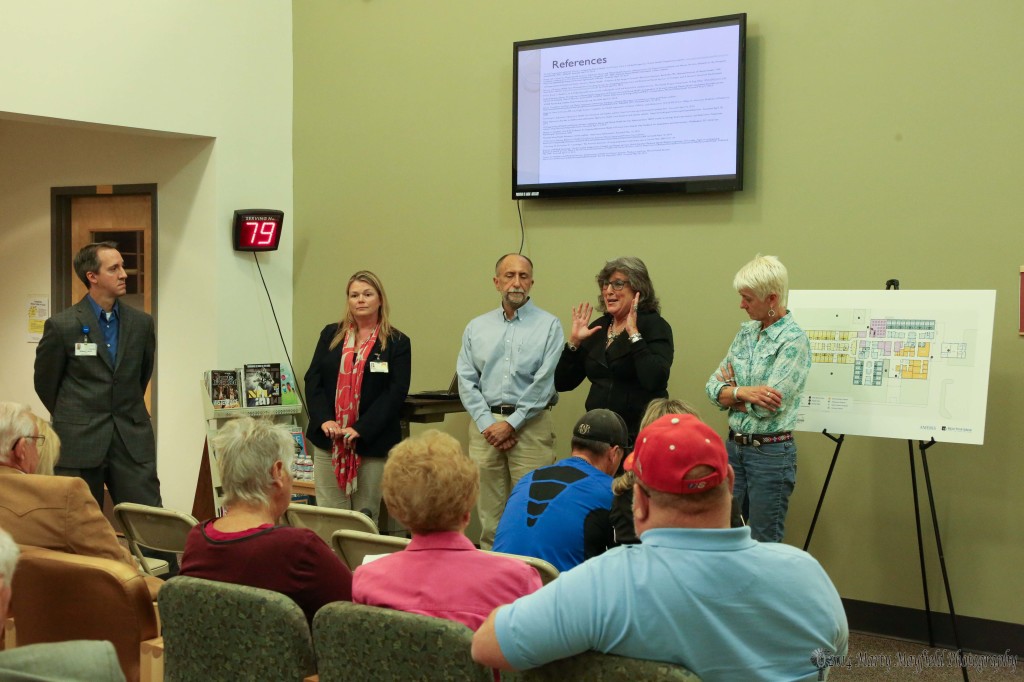By Marty Mayfield
KRTN Multi-Media
Behavioral Health will be a collaborative between several groups, in not only Colfax County, but, Northeastern New Mexico, Shawn Lerch told a large crowd in Miners Colfax Medical Center Lobby Wednesday evening.
The collaborative will deal with adults, adolescents and involve the family in the treatment of those with a behavioral health issue. Research has found that quite often those with a mental health issue have been diagnosed with some other malady and that involving the family is a very important aspect to the recovery of the patient and often times in helping the family deal with the mental issues as well.
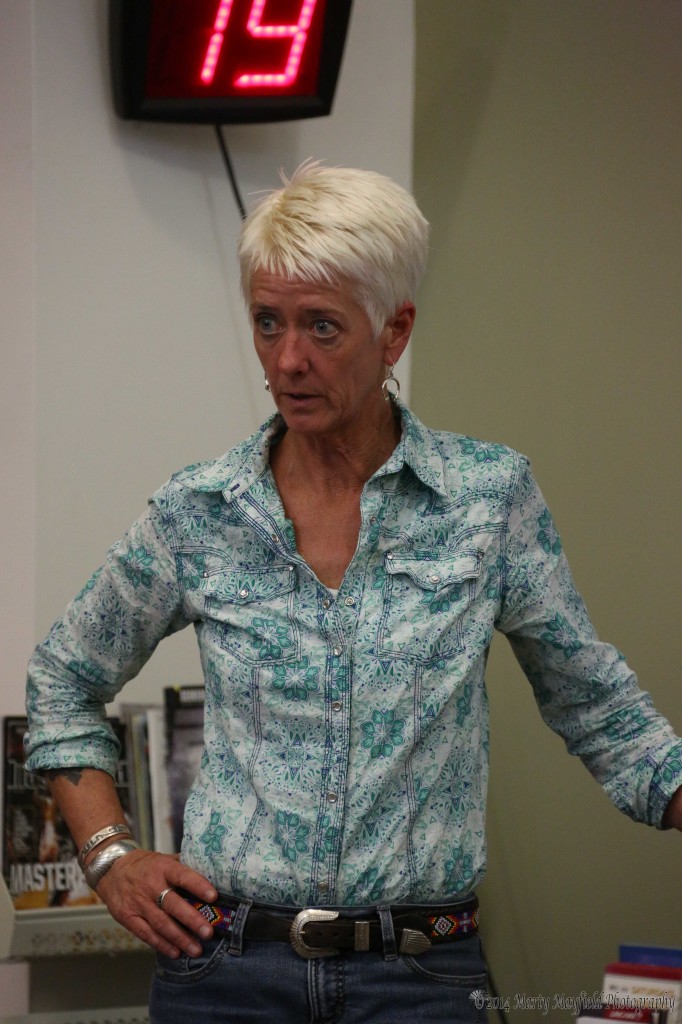
According to Kim Hamstra with Tri-County Community Services a new approach to dealing with these issues will come to fruition with the building of this collaborative. She noted that treatment of people with mental health issues often have a medical condition that took them to the hospital in the first place.
She noted that in Taos County, where Tri-County also operates, Taos had 15,000 ER visits in 2013 of those 3,000 had a primary diagnoses of a mental health issue or substance abuse. 8,000 of those had a secondary diagnosis of substance abuse and or mental health issues. Those patients got their medical issue treated but not the mental health issue. What happens is those patients end up back in the ER again and again. This is not the place to treat the mental health issue. However both have to be treated. The mental health issues often go hand in hand with certain medical issues.
Hamstra also noted that Raton, Taos and Clayton have an in-patient facility, it’s called the detention center. That’s not the place to deal with mental health issues either. We need to deal with the mental health issues so that people don’t end up in jail.
Nancy Possikoff has learned that the treatment facility needs to be tailored to our way of life in northeastern New Mexico. She mentioned that we are a rural type of people with different needs and life styles.
Erika Meadows and Ferman Ulibarri spoke about the challenges of treating juveniles. Noting that the biggest issue there is a lack of beds and that often times the closest treatment center is in Las Cruses. Another issue for teens is the trauma they suffer not only in going to a treatment center but the trauma of returning home. He added, “Many feel they just don’t fit in with their family.” Thus the need to not only treat the individual but also the family and having a treatment center here in Raton will go far in helping that situation.
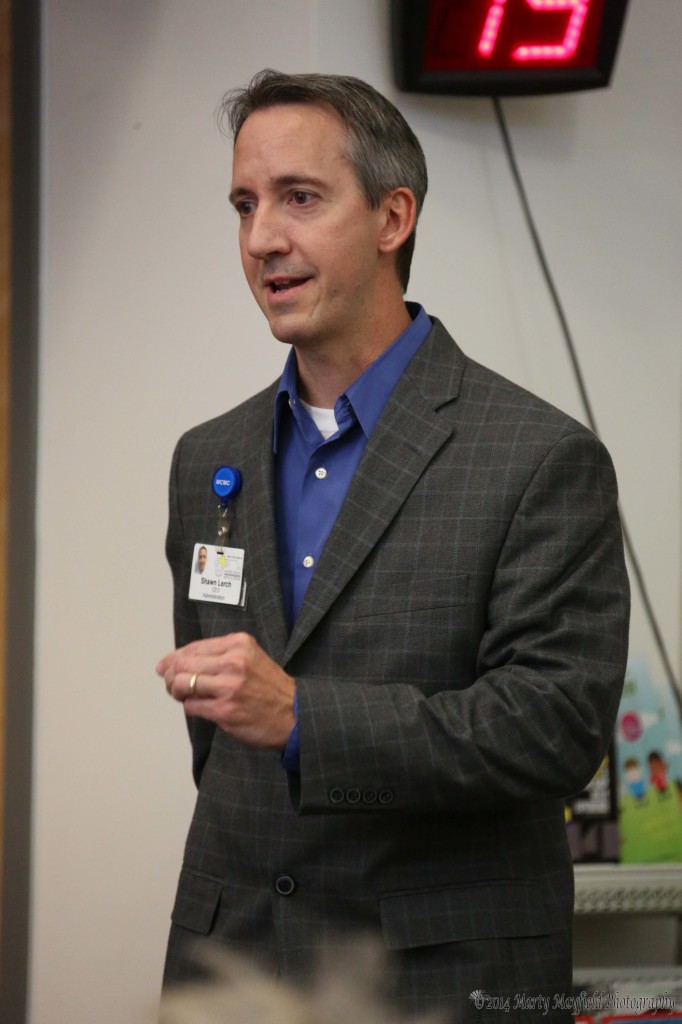
Lerch noted that MCMC will seek multiple funding sources for this facility. He added we have looked at a new facility as well as using the old hospital facility. The cost of updating the old building is about $10 million where a new facility would run $7 to $8 million. He later told the crowd that he would look to some of the millionaires that surround Raton for philanthropic opportunities to help fund the facility. He added there are other trust funds that can be tapped.
MCMC recently refinanced the bonds on the acute care facility saving over a million dollars there. The money saved from that will also be used to help fund the behavioral health facility.
Once the facility is up and running there could be as many as 150 employees. That results in a very large payroll and those people will have interests in the arts and other community endeavors.
Lerch sees this as a positive way to help improve not only the community but also what MCMC can do for the community. He assured the crowd that they had studied the costs and the feasibility of the different treatments that would be needed and he felt it is a sustainable venture. He added I wouldn’t do it if I felt it wasn’t sustainable.
Lerch has also noted the concerns of the miners with respect to the miners trust fund and he added that the mandate of MCMC is to take care of the miners and that too includes their mental health.
Lerch has also noted the concerns of the miners with respect to the miners trust fund and he added that the mandate of MCMC is to take care of the miners and that too includes their mental health.
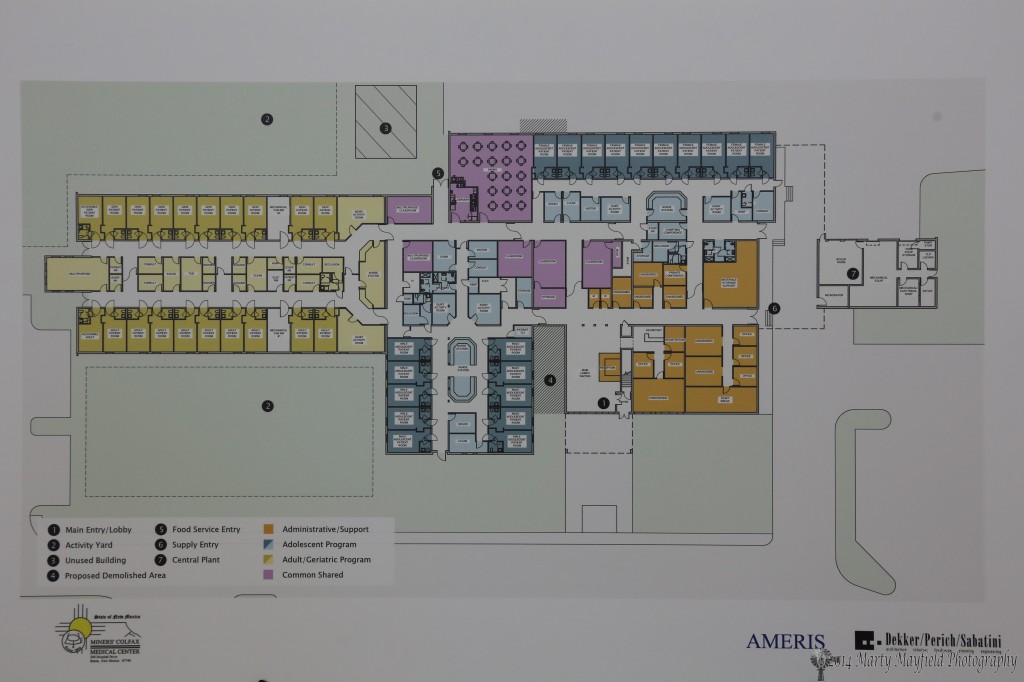
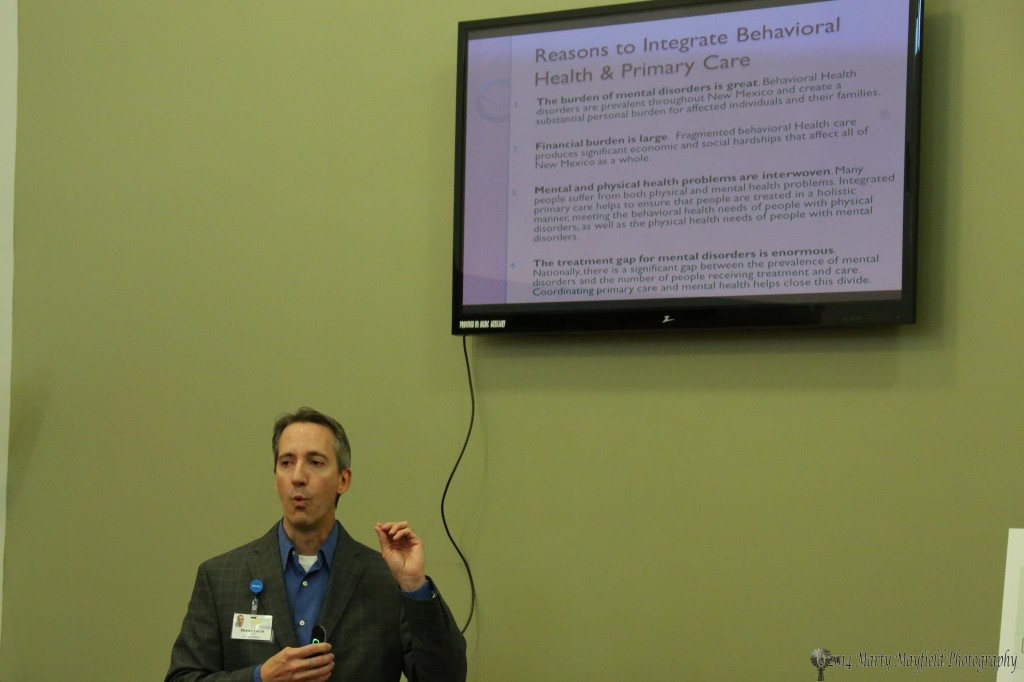
- Shawn Lerch, Erika Meadows, Ferman Ulibarri, Nancy Passikoff and Kim Hamster answered questions from the audience Thursday evening at MCMC

